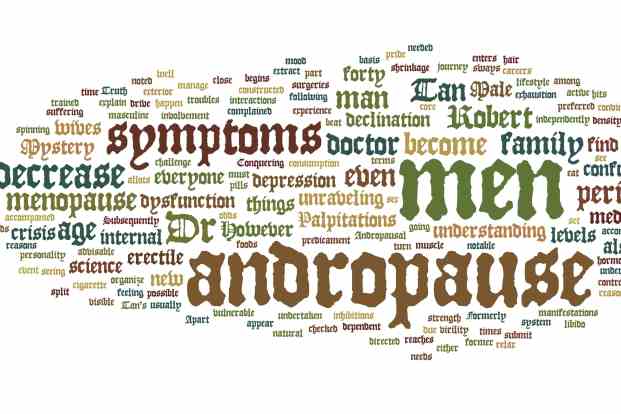Categories
- Bariatric Surgery (11)
- Black Fungus (5)
- Bone Marrow transplant (3)
- Brain Tumor Surgery Navigation Technology (20)
- Cardiac Surgery (66)
- Cardiology (97)
- Computer navigation technology for joint replacements (20)
- Covid Vaccination (17)
- Critical Care (2)
- Dental (19)
- Dermatology (31)
- Dialysis Support Group - “UTSAAH” (11)
- Dietitian (33)
- Emergency Medicine (4)
- Emotional Health (11)
- Endocrinology (33)
- ENT (20)
- Gastroenterology and GI Surgery (53)
- General and Laparoscopic Surgery (21)
- General Surgery (4)
- Gynecology & Obstetrics (183)
- Hematology (20)
- Internal Medicine (294)
- Kidney Transplant (50)
- Kidney Transplantation (20)
- Lung Cancer (8)
- Minimal Invasive Surgery (1)
- Mother & Child (20)
- mucormycosis (5)
- Nephrology (61)
- Neurology (147)
- Neurosurgery (68)
- Nutrition and Dietetics (107)
- Omicron Variant (1)
- Oncology (288)
- Ophthalmology (10)
- Orthopaedics & Joint Replacement (86)
- Paediatrics (59)
- Pediatric Nephrology (3)
- Physiotherapy (5)
- Plastic & Reconstructive Surgery (6)
- Psychiatry and Psychology (90)
- Psychologist (28)
- Pulmonology (72)
- Rheumatology (13)
- Spine Services (21)
- Transradial Angioplasty (16)
- Urology (84)
Query Form
Posted on Apr 19, 2022
Male Menopause – Andropause: Symptoms and Treatment
Just like women, men also experience menopause. Andropause also called male menopause is a condition that usually starts after the age of 40 years and is associated with the decrease in the male hormone i.e. testosterone. Testosterone is the hormone responsible for male sexual characters like, muscle mass and facial and body hair etc.

Andropause is different from the female menopause as in the case of latter, the production of female hormone drops suddenly. On the other hand, in men, there’s a gradual decline in testosterone hormone levels.Approximately 30% of men in their 50s will experience symptoms of Andropause caused by low testosterone levels.
Some of these symptoms may include:
- Low libido
- Erectile dysfunctions
- Fatigue or lethargy
- Depressive episodes
- Irritable mood
- Loss of muscle mass
- Obesity
- Hot flashes and night sweats
- Anemia and osteoporosis
Some men maintain normal testosterone levels even into old age. There are also men with low testosterone levels who may experience no symptoms. The only sure way to learn if you are low on testosterone is by taking a blood test.
Treatment
There may be times menopause is early or delayed and both have their own pros and cons. Testosterone supplements are required to treat Andropause and these should only be taken on doctor’s recommendation and not without consultation. This may provide relief from the symptoms of andropause and improve the quality of life.
There are many other factors that may help to avoid early andropause. Lifestyle changes such as making oneself more active, regular physical activity, stress management, and good balanced dietare really helpful. Diet is a fundamental requirement for fighting any ailment at the nascent stage.
In some cases, baseline PSA monitoring is required as testosterone therapy is contraindicated in prostate cancer. Your doctor will help you decide if testosterone treatment is right in your situation, considering your risk factors.
Boosting testosterone is the best advice any doctor will give and it is best that it is not done without the same. Testosterone is available in a variety of different preparations including skin patches, capsules, gels, and injections which are easily available these days. The treating doctor will help determine which treatment is best for you as per your condition.



